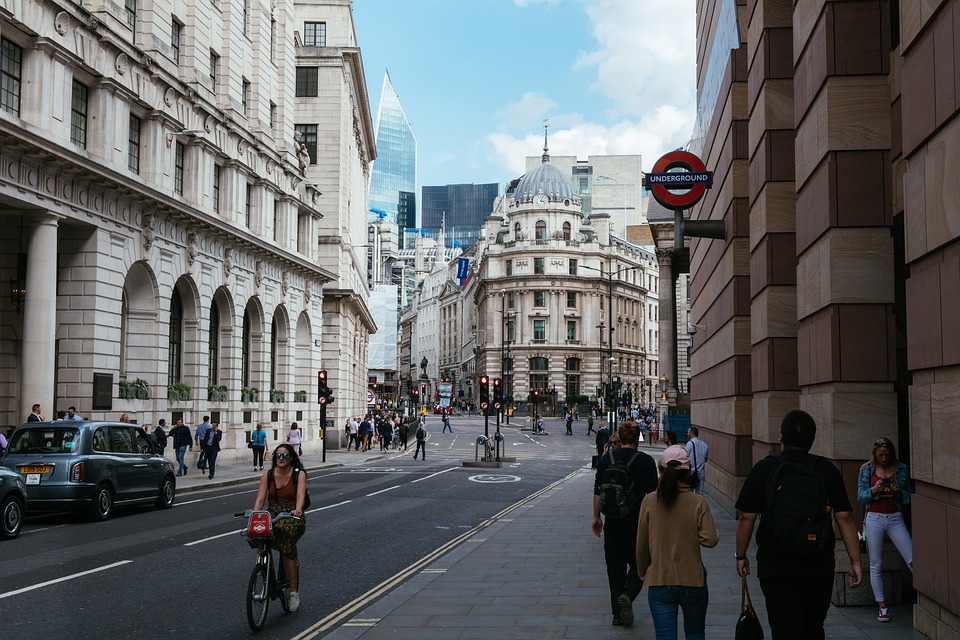You have to feel sympathy for Rishi Sunak.
Suddenly appointed as chancellor after the unexpected resignation of Sajid Javid, he found himself with just weeks to put together the first Budget of the Boris Johnson era.
Any chance he could simply copy Javid’s homework was then dashed when the former chancellor gave the Times chapter and verse on his original plans.
And then, even as Sunak was putting pen to paper, the coronavirus outbreak suddenly became the only show in town.
Sunak’s job, as chancellor, is not just to find the money to help the health service cope with the outbreak, or to fund emergency work on a vaccine. It is to minimise the damage to the economy.
The problem is that no one knows how bad things will get. A short, sharp shock, from which we swiftly recover? A downturn on a par with — or even exceeding — that of 2008? You can find both views being expounded, with greater or lesser confidence.
So how best to prepare? Discussing this at the Centre for Policy Studies think tank, we kept coming back to our previous work on preparing for a no-deal Brexit.
Both involve what economists call a “supply shock”, in which certain goods become either more expensive or outright unavailable.
But the real economic damage comes if the supply shock turns into a demand shock: if that disruption to trading flows and product availability leads people and businesses to take fright, hoard cash, and stop spending, causing Britain’s economic engine to sputter to a halt.
That is why many of the remedies that we proposed for a no-deal Brexit, in the form of a limited stimulus package to support business and consumers, are similar to those being discussed now. Indeed, the government has been open about its no-deal planning being repurposed to tackle this latest crisis.
But the problem now is far more real than the no-deal panic ever was. People are already changing their behaviour, in ways large and small. Working from home. Petitioning for schools to close. Hoarding loo roll.
If you’re running a restaurant or a theatre, your takings will be dropping vertiginously. Air travel has been particularly hard hit: if airlines didn’t have to put flights in the air to keep their landing slots, we’d be seeing an awful lot more cancellations.
And then, of course, there are the countless businesses which are finding out how surprisingly dependent they are on the Chinese supply chain. One irate bride-to-be tells me that wedding dress deliveries are backlogged for weeks.
The government, therefore, has two intertwined priorities. The first is to ensure that consumers and businesses retain the confidence to keep spending and working.
This, of course, will be affected by how severe the coronavirus epidemic becomes: if the streets of London start resembling a zombie movie, no amount of upbeat Bank of England announcements about monetary easing are going to be of much use.
The second is to ensure that businesses do not go to the wall, leading people to lose their jobs through no fault of their own. In our just-in-time world, many firms are operating without the reserves — whether in terms of products or cash — to make it through a prolonged shutdown.
Small businesses are particularly vulnerable. That is why we urged the chancellor yesterday to make sure that credit is available to tide such companies over, along with other measures.
It was striking — and alarming — to see Rupert Harrison, George Osborne’s key lieutenant at the Treasury, warn that the measures taken in the wake of the 2008 crisis, such as the Funding for Lending scheme, might not be enough this time.
If things get worse, more will need to be done. Giving companies relief on business rates or employee national insurance contributions could be one way to ease the pressure.
It is true that the British state is already too interventionist, in all sorts of ways. But in a situation like this, the priority is to get the country — and the economy — through the worst of it.
With luck, things will blow over sooner than we currently fear. But luck isn’t something we can count on. Instead, we need the government — and especially the Treasury — to display a combination of flexibility, sensitivity, and a willingness to respond quickly to events.
This Budget will tell us how the government intends to protect the economy from the coronavirus. But it will be far from the last word on the topic.
By Robert Colvile
Source: City AM

